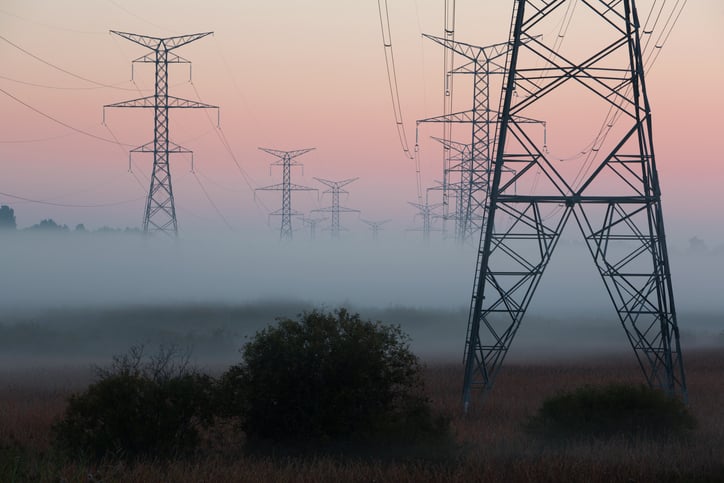Volatility in the wholesale energy market is likely to last until at least 2030 unless significant changes are made to long-term energy strategies, according to Cornwall Insight.
According to the research company’s Benchmark Power Curve, which monitors energy investment and operational decisions across a 30 year period, power prices could get increasingly volatile from 2026. There is likely to be significant seasonal variation in particular, with the difference between prices in the summer and winter standing at £95/MWh in 2026, rising to nearly £120/MWh by 2030.
Cornwall partly attributes this to lower nuclear and coal assets on the system by the middle of the decade. Indeed all but one of the UK’s nuclear power stations will retire by March 2028 and all of its coal generation will shutter by 2024.
“Our overreliance on imported energy will also leave us vulnerable to variable pricing, with supply chain disruptions, geopolitical tensions and economics shifts, all having the potential to spill over into our market,” said Tom Edwards, senior modelling consultant at Cornwall Insight.
This could be a particularly timely point, as a European gas shortage brought on in part by tensions with Russia leading to an energy crisis in the UK, which is expected to cause customers’ bills to jump by nearly 50% when the price cap is reset.
Cornwall Insight has said that to manage this volatility, the UK must develop long-term strategies to cope with changes in energy production and unstable economic, geopolitical, and ecological systems.
“Increasing the UK’s longer-term energy storage facilities could go a long way to reducing seasonal variations, helping to harness the locally generated energy from high renewable output periods for use when it’s still, cold and dark,” said Edwards.
The UK’s battery energy storage sector has been growing at pace, with a pipeline of utility-scale projects over 20GW across 800 projects. However, longer-duration storage technologies such as pumped hydro or green hydrogen will be needed to manage more seasonal demands.
Beyond this, Edwards suggests it is important to change the demand side of the sector, with greater investment into energy efficient housing measures and electric vehicles (EV) to help reduce the level of power plant capacity needed.
The EV market in the UK is growing, with sales of battery EVs hitting a new record with 25.5% market share in December 2021. But while a number of trials and projects are looking into the benefits of smart charging or even vehicle-to-grid charging to increase flexibility and help manage peaks and trough in demand, this is still relatively nascent.
“Looking further ahead, policy makers must understand that the market designs of the next 20-30 years cannot rely on stable economic, geopolitical, or ecological systems,” said Edwards.
“A greater focus on resilience and risk above efficiency and low costs across our economy is needed. This will include a significant role for the state, especially if they are to guide us through the enormous technical and sociological changes required to deliver the net zero ambitions industry and government have promised to the electorate.”






